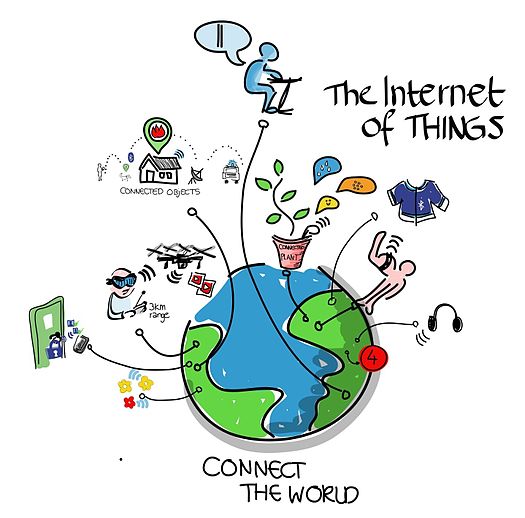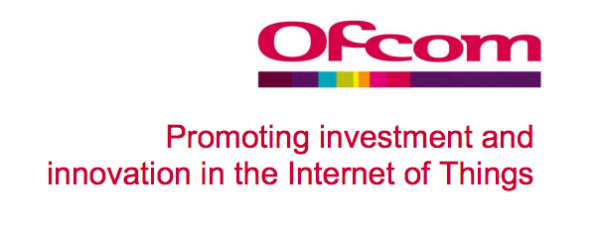UK communications regulator Ofcom are taking a look at the ‘internet of things’ – a loose umbrella term for the new wave of internet enabled devices which is expected to explode onto the scene in the coming years. The internet of things means devices which are connected to a wider service via a network, and Ofcom wants to look into what kind of risks and benefits are involved with using service.
The paper published by the regulator makes security a rather big concern – just how are people’s multitude of devices going to be kept safe from the ever present hacking threat. More grave a concern is businesses, who will most likely control a larger number of devices using internet of things.
SEE ALSO: No Desktop On 7 Inch Windows 10 Tablets
Infrastructure is key – there cannot be security holes hackers can easily exploit on devices connected to networks containing sensitive data. There is potential for a single compromised device to allow access to critical systems if hacked.
Another point in the paper is smart home devices, systems which control things in your home such as heating, cooling and security such as smart locks on doors and surveillance. There are even smart heated blankets for your bed. If all these systems are connected together, your home could be vulnerable if things aren’t properly managed and devices could be used for sinister means.

If hackers do get access to a smart home, security cameras and door locks could be compromised in order to gain entry to the home or spy on occupants – not great if you have a hacker working with people looking to break into your home. It’s this kind of vulnerability that Ofcom are looking into finding ways to prevent, or at least set a standard for devices to follow so they stay up to date and secure.
SEE ALSO: Apple Now Top Smartphone Seller In China
Speaking in their paper Ofcom say that one of the big factors in the internet of things getting off the ground will be the new IPv6 networking protocol, a more advanced version of IPv4 which our internet systems currently use. IP addresses signify a unique number to a device for networking purposes, and form the backbone of the way devices communicate.
The more advanced IPv6 is on the way, and with it comes the potential for a lot more IP addresses – the protocol increases the possible number of these unique identifiers that could possibly exist. With IPv6 will eventually come internet of things, a market predicted to be worth almost $9 trillion by 2020. The staggering figure is a worldwide one, but you can put good money on the UK being at the forefront of the new technology.
Via: Techradar
Via: ITPro
